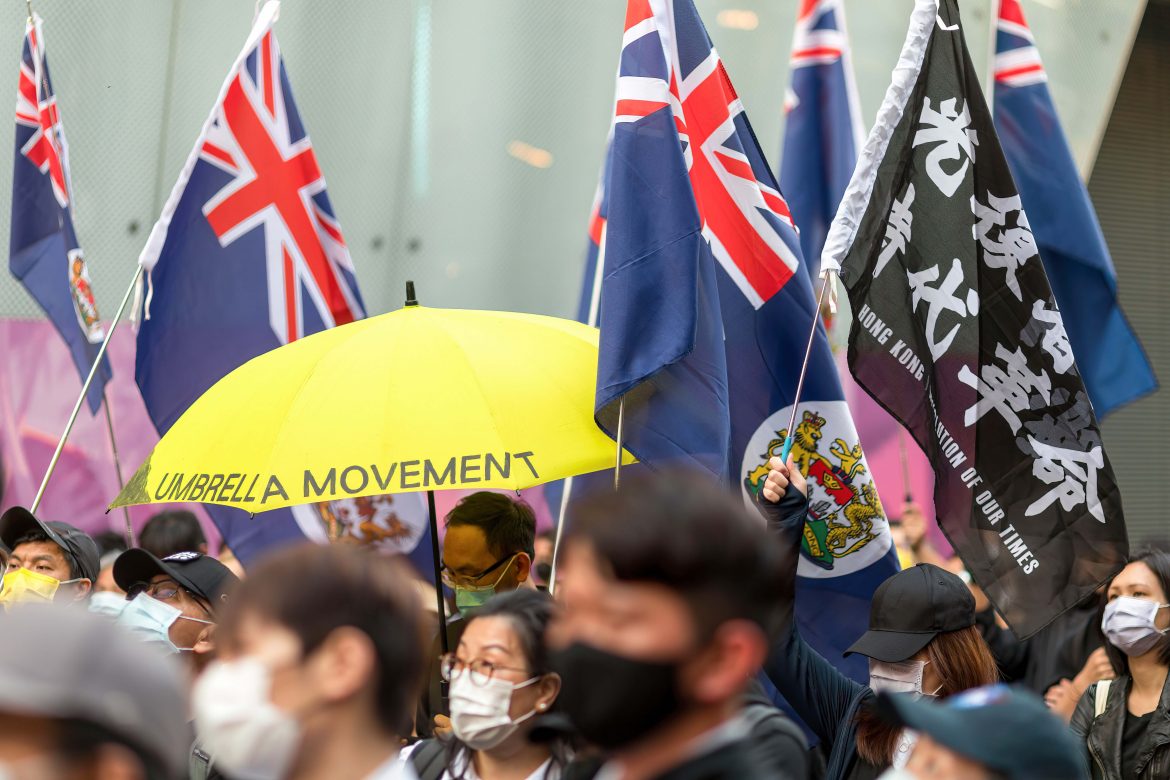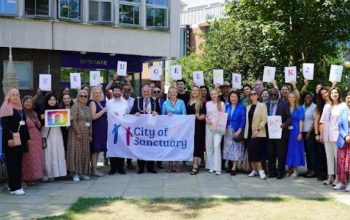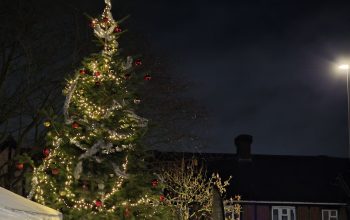Hundreds of people from Hong Kong, who have fled the island following China’s imposition of a national security law, have made their new home in Kingston, according to the expatriate association of Hongkongers in Kingston.
From 31 January, the British government offered Hongkongers with British National Overseas (BNO) status the right to apply for a visa allowing them to live, work and study in the UK.
The government did this after China imposed a vaguely-worded national security law which criminalises what the mainland government deems as subversion, secession, terrorism, and collusion with foreign powers.
Around 580 Hongkongers have since moved to Kingston, according to the Honkongers in Kingston group.
A volunteer of the group, who asked not to be named for her own safety, said: “The biggest attraction is probably schools, as many come here as a family with kids. It is also fairly convenient with close proximity to supermarkets and shops – which resembles some parts of Hong Kong.”
Archie Leung, who came to England with his family on a BNO passport in August, said he moved as he no longer believes that Hong Kong is a place of “freedom, peace, equality, and humanity.”
He said he liked Kingston as a place which mixes the energy of London with a more relaxing, rural feel.
Leung, who found a place to stay in Kingston on the internet, said that when he arrived in Kingston the locals were very helpful, even when he knocked on the door of the wrong house at 7:00am.
“I was terribly sorry because it was 7.00am in the morning,” he said. “The gentleman politely said: ‘You found the wrong place, this is a private house.’ I was shocked and felt helpless. I was with my family and 11 big items of luggage. The couple was very warm and asked me to knock on the door if I needed any help.
“Neighbours came out and asked us to visit their homes next time if we passed by. That was a great experience and very warming in the chill morning.”
Leung said he has since settled into the UK and has picked up cycling and boxing.
All interviewees spoke optimistically of their new lives.
“I don’t like the development of [Hong Kong] with the deteriorating standard of rule of law, and freedom of speech,” said new arrival Agnes. “I hope my children can grow up in a place where there is more justice in the social system.
“[Britain has offered a] new life, definitely, but not yet for work. Since my baby is still small, I need to find a full time nursery before I can go to work. This is quite different from Hong Kong where it’s easy (and much cheaper) to hire a domestic helper for babycare.”
Cece, not her real name, said the UK had given her more opportunities to relax.
“In Hong Kong, we are very busy with work, and don’t have much time to talk with our child or attend their school trips,” she said. “The speed in the UK is slower than in Hong Kong, so I think it is good to me to learn how to enjoy life.”
Nat, who chose to go to Kingston University because of the “uncertainty” in Hong Kong, said she found more opportunities to be herself in Kingston.
“Being a bisexual woman, […] I have more chance to live a life here and start a family,” she said, “As I work in the creative industry [I have more opportunities too as] the creative scene in the UK is way bigger and more diverse than in Hong Kong.”
Nat said that more could be done for Hongkongers to assimilate in British society.
“Like many Asian countries and cultures, Hongkongers tend to live close to each other. Primarily I think for support and just feeling better being in a brand new environment,” she said. “I personally understand where they’re coming from but I hope they branch out and really try to immerse themselves within the British culture.”
Cece said Kingston had been welcoming.
“In my experience in [my children’s] school, many parents come from different countries, and it’s not strange that you come from Hong Kong,” she said, “Most of them know about the issue in Hong Kong. We feel their sincere welcome… In our daily life, such as shopping in the supermarket, dining in the restaurant, we all get the same service as the locals.”
This year, China’s crackdown on democracy has continued. Earlier this year pro-democracy tabloid Apple Daily was forced to shut down after Hong Kong froze its assets and arrested its owner. In recent weeks, Hong Kong University has been told to remove a statue commemorating the Tiananmen Square massacre.





